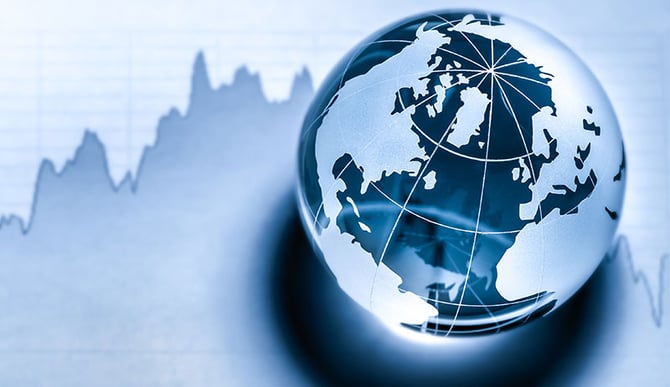Tough Week Ahead for Global Economy

There is apprehension in global markets as a combination of factors place strain on key world economies.
Countries the world over are facing a cost-of-living squeeze amid surging gas prices and supply bottlenecks. In China, persistent high inflation and energy shortages are threatening its rebound. Meanwhile, in Europe, recurring coronavirus flare ups are forcing countries like Germany and Austria to consider additional restrictions.
Key US and European purchasing manager data expected this week is projected to show reduced manufacturing and services activity throughout the Eurozone and the UK, and only slight improvement in the US.
What does this mean for me?
If you have just started following the markets, it will become clear in moments like these that central bankers and policy makers can shape the global economy.
A flurry of central banks, including those from the G7 (Canada, France, Germany, Italy, Japan, UK, US), are expected to hold their final meetings of the year in December.
The European Central Bank will also release meeting notes showing that ECB President Christine Lagarde argued for taking no action against high inflation in October, much to the disappointment of financial markets.
The Bank of England is another important central bank due to make a December monetary policy announcement, with economists encouraged by recent hawkish talk on the prospects of an interest rate hike.
Until then, the market is bracing for weak purchasing manager data this week, placing more pressure on central banks to step in to tackle inflation.
More News
.webp)
US Dollar Faces Biggest 6-Month Drop in Half a Century
.webp)
Dollar Slips to Three-Year Low as Trump Eyes Early Fed Appointment
.webp)
AI-Powered Trading Bots Bring a New Kind of Threat
.WEBP)
Euro Value Surges as Markets React to Tariff Shock

Euro’s Slide: What’s Behind the Drop and What’s Next?

Sterling Gains Against Euro as Central Banks Move Apart

Euro Remains Steady Amid Tariff Threats
